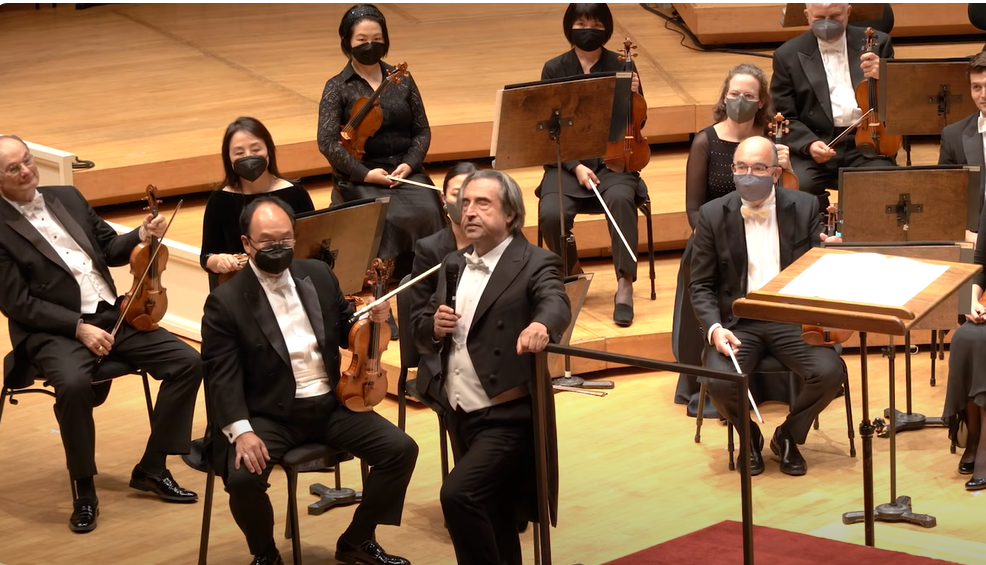Italian conductor Riccardo Muti is leading the celebrations in Vienna on the 200th anniversary of the premiere of Beethoven’s 9th Symphony.
The anniversary, considered a monumental event in the classical music world, has energized the city which is all abuzz with a series of performances of the symphony, notably by the Vienna Philharmonic Orchestra, under the baton of Maestro Muti.
The symphony was first performed at the court theater, the Kärntnertortheater, in Vienna in 1824. Despite his increasing hearing loss, Beethoven himself conducted the performance.
It was a groundbreaking work in its time, as it was the first major symphony to incorporate vocal soloists and a chorus in the final movement, setting the words of Schiller’s poem ‘An die Freude’. The combination of orchestral and vocal elements, along with the symphony’s complex structure and rich emotional range, has captivated listeners for centuries.
Its premiere was a significant cultural event, and the symphony has since become a symbol of hope and unity, often performed at important occasions around the world. Beethoven’s deafness at the time of its composition and premiere adds a poignant layer to the symphony’s history, as he was unable to hear the audience’s rapturous response. Despite this, he continued to push the boundaries of music, leaving a legacy that has inspired countless musicians and composers.
The 9th Symphony’s message of joy and brotherhood, its innovative use of the human voice, and its emotional depth all contribute to its enduring popularity and iconic status in the classical repertoire. It is a testament to human creativity, resilience, and the unifying power of music.
There are few stately celebrations when Beethoven’s beloved “Ode to Joy” is not a fitting conclusion.












